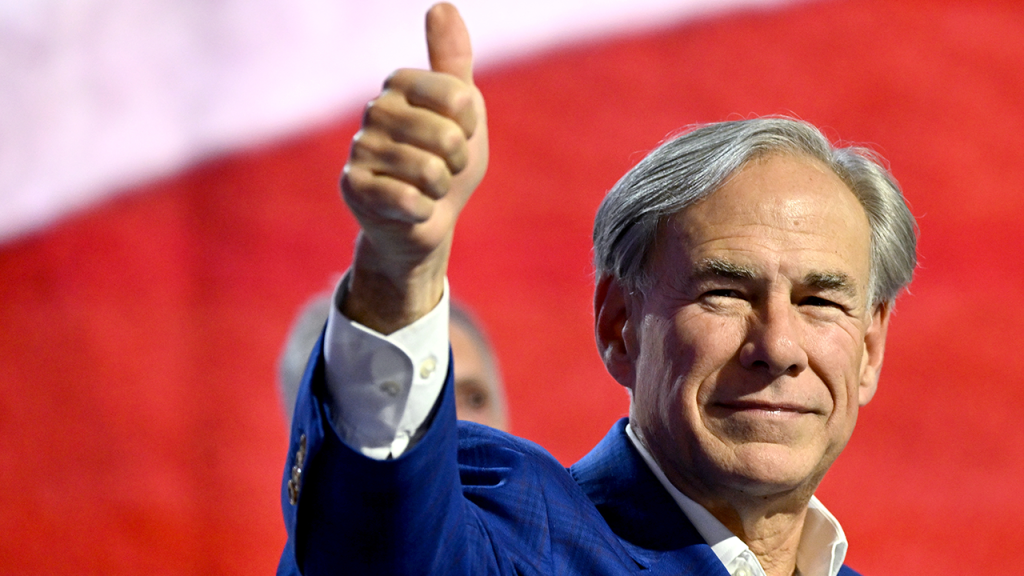Texas Tech University System Enforces Recognition of Two Sexes Only
In a decisive move that reflects the ongoing national debate about gender identity in educational settings, Texas Tech University System Chancellor Tedd L. Mitchell has issued a directive requiring all university presidents within the system to recognize only two sexes – male and female. In a comprehensive memo, Mitchell emphasized that regardless of personal beliefs, all employees must comply with this mandate, which aligns with both state and federal regulations, executive orders, and directives from President Donald Trump and Texas Governor Greg Abbott. The chancellor made it clear that as public institutions, Texas Tech universities bear a “fundamental” responsibility to adhere to these guidelines, positioning this compliance as an essential aspect of maintaining public trust. This directive follows the passage of Texas House Bill 229 and Governor Abbott’s January 30th letter instructing state agency heads to reject what he termed “radical sexual orientation and gender identity ideologies.”
The implications of this directive extend deeply into academic practice across the Texas Tech system. Faculty members, while protected by First Amendment rights in their personal capacities, must now ensure their classroom instruction aligns with these legal parameters. University administrations have been tasked with conducting comprehensive reviews of course materials, curricula, syllabi, and other instructional documents to verify compliance, making adjustments where necessary. This process represents a significant shift in how gender-related topics can be addressed in educational contexts throughout the university system. The directive creates a potential tension between academic freedom and legal compliance, forcing faculty to navigate carefully when addressing topics related to gender identity. Mitchell acknowledged that staff may hold differing personal views on these matters but emphasized that compliance remains mandatory regardless of individual perspectives, calling on the “professionalism” of employees to fulfill these responsibilities appropriately.
Chancellor Mitchell’s memo also acknowledges the evolving nature of this legal landscape, noting that further changes may occur as new guidance emerges at both state and federal levels. This recognition reflects the complex and shifting regulatory environment surrounding gender identity in educational institutions. The chancellor referenced that accrediting organizations, including the American Psychological Association and the Council for Accreditation of Counseling and Related Educational Programs, have already recognized these changes and are working with programs and institutions to balance educational commitments with legal compliance. While not explicitly addressing specific incidents, Mitchell referenced “recent developments” at universities across Texas that have “highlighted the importance of understanding these compliance obligations,” suggesting that particular events may have precipitated or influenced this directive. Faculty with questions about implementation are directed to consult with their deans and provosts.
The Texas Tech directive parallels similar actions at Angelo State University, which has implemented a policy prohibiting faculty discussion of transgender topics or any topics suggesting there are more than two genders. This policy has drawn criticism from the Foundation for Individual Rights and Expression (FIRE), which alleges that such restrictions violate the First Amendment. On Tuesday, FIRE sent a letter to Angelo State calling for the immediate withdrawal of the policy, arguing that it constitutes unconstitutional censorship. FIRE senior attorney Adam Steinbaugh issued a statement emphasizing that matters of sex and gender are among the most-discussed social and political issues in contemporary American society, and that university classrooms should be spaces where the exchange of ideas is most free, not most restricted. Steinbaugh asserted that “no president’s directive, governor’s diktat, or chancellor’s command can override the Constitution,” characterizing the policy as “obvious censorship that has no place in the United States.”
This development in Texas universities reflects broader national tensions regarding gender identity in educational settings. Educational institutions nationwide are grappling with how to address issues of gender identity while navigating increasingly polarized political directives. The Texas Tech directive emerges amid a wave of similar policies and legislation across multiple states that seek to restrict discussions of gender identity in educational contexts. These measures have sparked intense debate about the appropriate boundaries of academic freedom, the role of government in determining educational content, and the rights of LGBTQ+ students and faculty. Critics argue that such policies may marginalize transgender individuals and limit important academic discourse, while supporters maintain that they protect traditional values and parental rights in education. The Texas directive represents a significant marker in this ongoing national conversation about gender, education, and the limits of academic freedom.
The response to Chancellor Mitchell’s directive will likely unfold in the coming months as universities implement these requirements and faculty adjust their teaching approaches. Questions remain about how strictly these guidelines will be enforced, what specific topics or discussions might be considered non-compliant, and whether legal challenges will emerge from faculty, students, or advocacy organizations. The directive creates significant challenges for programs in psychology, sociology, gender studies, and other disciplines where discussions of gender identity constitute core academic content. Faculty in these fields must now determine how to fulfill both their academic responsibilities and legal obligations. For transgender students and employees within the Texas Tech system, the directive may have personal implications beyond academic content, potentially affecting campus climate and institutional support systems. As this policy is implemented across the Texas Tech University System, it will serve as a case study in how educational institutions navigate competing demands of political directives, academic freedom, constitutional rights, and their responsibilities to diverse student populations in an increasingly complex social and political landscape.


